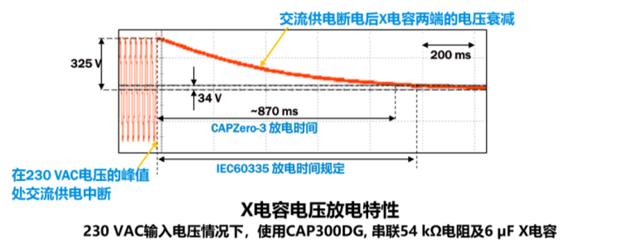
英语中有很多词汇通常有普通涵义和法律涵义。法律英语的术语用来准确表达特有的法律概念的专门用语,具有明确的、特定的法律含义。以下词义,前者为法律术语:
statute 法令;公司、学校的章程
jury 陪审团;竞赛时的评审团
code 法典;电码
box 证人席;盒子
parole 假释;俘虏
complaint 控告、起诉;抱怨
exhibit 当庭出示的证据;展览
deed 契约;行为
suit 起诉;套装、恳求
avoidance 废止、宣告无效;逃避
determination 终止;确定、决心
construction 解释;建筑
omission 不作为;省略
limitation 时效;限制
典型法律例句解析:
The people's congresses of provinces and municipalities directly under the Central Government,and their standing committees, may adopt local regulations, which must not contravene the Constitution, the statutes and the administrative rules and regulations, and they shall report such local regulations to the Standing Committee of the National People's Congress for the record.
参考译文:省、直辖市的人民代表大会和它们的常务委员会,在不同宪法、法律、行政法规相抵触的前提下,可以制定地方性法规,报全国人民代表大会常务委员会备案。(《中华人民共和国宪法》第100条)
,




